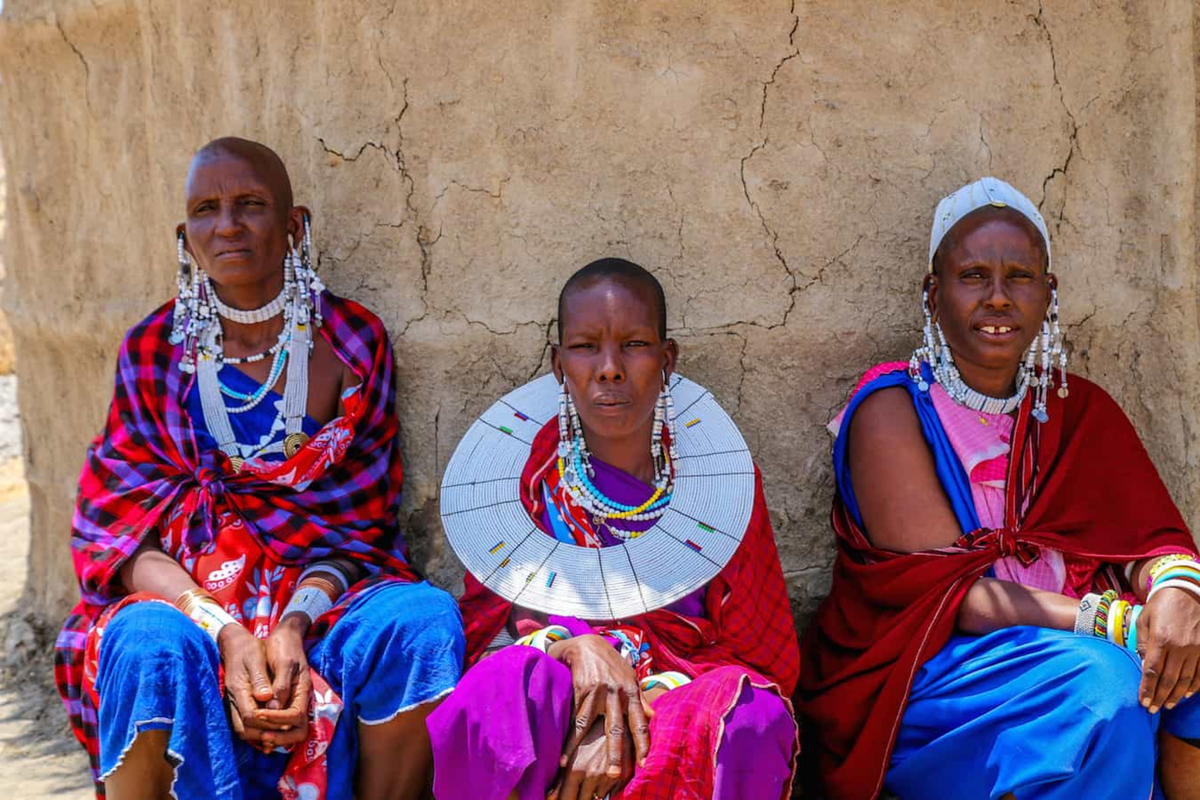Skift Take
In an era when it's more important than ever to respect local communities, Tanzania's decisions with the Masaai appear beyond clueless.
Tanzania’s eviction of Masaai families from their ancestral homes in the country’s Ngorongoro conservation area to create more space for safari tourism and trophy hunting has sparked an international uproar about its inhumane treatment of its citizens, especially the government’s violent response to Masaai herders’ protests.
Tanzanian authorities claim that the Masaai have voluntarily agreed to relocate from the reserve, a UNESCO World Heritage site that’s been their home for over a century. But the government’s reasoning that the Masaai’s growing population is encroaching on wildlife simply exposes the true face of conservation in Africa and reveals that African nations are still largely targeting wealthy, elite visitors.
“This violence that we see in Tanzania is the reality of conservation in Africa and Asia — daily violations of the human rights of Indigenous and local communities so that the rich can hunt and go on safari,” said Fiore Longo, a research and advocacy officer at Survival International, an organization that advocates on behalf of Indigenous communities worldwide.
“These abuses are systemic and are built into the dominant model of conservation based on racism and colonialism. The theory is that humans — especially non-whites — in protected areas are a threat to the environment. But Indigenous (communities) have been living there for generations. These territories are now important nature conservation areas precisely because the original inhabitants took such good care of their land and wildlife.”
The government has set aside 400,000 acres of land for relocated Masaai households and unveiled plans to give each household up to 10 acres of land for grazing their herds and other agriculture needs. But the recent evictions, which are not the first in the Masaai’s home region Loliondo, are also inappropriate, immoral and wrong in the eyes of Kenneth Vasquez Laya, the director of Egypt Tourism USA and CEO of luxury travel company Vuitton Travel.
“From a tourism point of view, if you look at old maps, the region where (reserves) Serengeti and Maasai Mara lies was known as Maasai land. This alone proves that they are the ancestors of the land and lived in harmony with nature and wildlife,” Vasquez Laya said.
“To take a century’s old cultural race of people who are nomadic, people of the land and who have historic value in that place and push them out to make way for 21st century greed which makes me furious.”
While Vasquez Laya views the opportunity to meet members of the Masaai as appealing to prospective visitors to Tanzania, Judy Kepher–Gona, the founder of Kenya-based company Sustainable Travel and Tourism Agenda, believes governments must involve local communities before making any decisions affecting their land.
“Tourism happens in places that communities call home. This means that the communities are the co-creators of these experiences that are offered by tourism (organizations),” Kepher–Gona said.
“The resources that they have protected and they coexist with all their lives are what the tourism industry calls assets and attractions. So a destination like Tanzania must first and foremost ask the question what does this tourism mean for the communities before it asks questions like how many tourists will we get (here) or how much money will we (generate).”
Tourism executives believes there are two kinds of tourists in Africa. One being elites whom destinations are fighting to attract due to the money they’re willing to spend on an experience. Those visitors don’t care about conservation but instead tend to focus on enjoying an experience no matter the whatever cost.
Then there are the sustainable tourists who are considered elites but also educated. They care about the environment and the locals while having the money to sustain conservation. While the latter should be inclusive and promote equity and diversity, the truth is that in Africa conservation-based tourism — mainly safari tourism — has long been associated with elite tourism. This is because historically, the history of safari tourism began with white people and popularized by the movie Out of Africa, which helped spark the sector in countries like Kenya and Tanzania.
“The main character is white and for that reason, our conservation tourism has been designed to meet that market. A foreign white market. We don’t like to talk about it and be bold about it, but that’s a fact,” Kepha–Gona said.
“It’s only after tourism has gone through a series of crises that we now we sell the places to domestic travelers. In places like the Masaai Mara where the domestic travelers go is the periphery of the safari tourism and they (can’t) access the better places because they are the preserves of the crème de la crème.”
While these companies won’t say it outright that they are meant for a certain kind of people, their prohibitive prices indicate that they are a preserve of the minority elite that constitute of a few residents, largely diplomats or international workers.
“They have created a narrative that says that they are involved in (the) protection of our biodiversity and nature. And when you pay the premium price you are actually contributing to their good values,” Kepher–Gona said.
“While it is true, there are many others who are green washing and using the opportunity to make money. Until we are able to rationalize this, safari tourism in Africa will continue to be elitist.”
The Daily Newsletter
Our daily coverage of the global travel industry. Written by editors and analysts from across Skift’s brands.
Have a confidential tip for Skift? Get in touch
Tags: africa, indigenous, kenya, safari tourism, sustainability, tanzania, tourism
Photo credit: Tanzania has evicted Masaai families from their ancestral homes.
